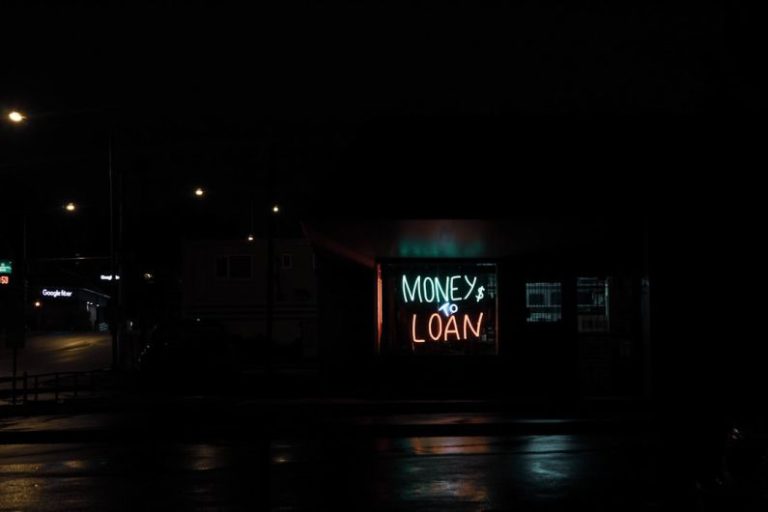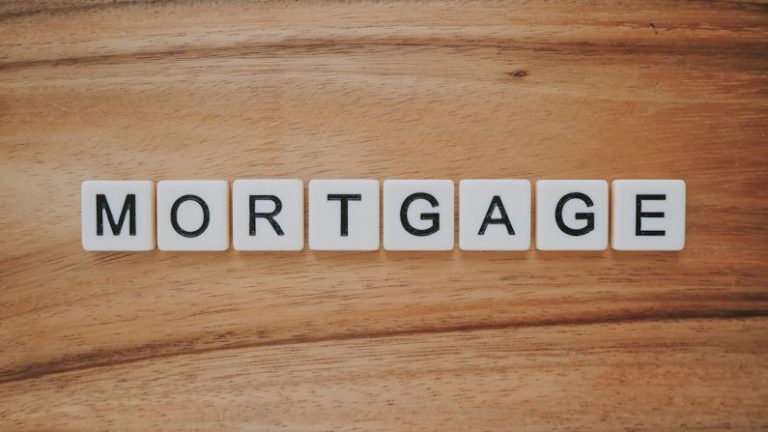
For many individuals looking to purchase a home, navigating the world of real estate and mortgages can be a complex and overwhelming process. One term commonly encountered in the realm of home buying is Private Mortgage Insurance (PMI). Understanding what PMI is and how it functions is crucial for those entering the housing market. Let’s delve into the intricacies of private mortgage insurance to shed some light on this essential aspect of home financing.
The Basics of Private Mortgage Insurance
Private Mortgage Insurance, often referred to as PMI, is a type of insurance that protects lenders in case a borrower defaults on their mortgage loan. Typically, lenders require borrowers to purchase PMI when their down payment is less than 20% of the home’s purchase price. The primary purpose of PMI is to mitigate the risk for lenders in situations where borrowers have limited equity in their homes. By obtaining PMI, lenders are protected against financial losses if the borrower fails to make their mortgage payments.
How Does Private Mortgage Insurance Work?
When a borrower buys a home with a down payment of less than 20%, the lender views them as a higher risk due to their reduced equity in the property. To offset this risk, the lender may require the borrower to pay for private mortgage insurance. The cost of PMI is typically added to the borrower’s monthly mortgage payments, increasing the overall amount due each month until the loan-to-value ratio reaches 80%. Once the borrower’s equity in the home reaches 20% or more, they may be able to request the cancellation of PMI, provided they meet certain criteria set by the lender.
Potential Benefits of Private Mortgage Insurance
While paying for private mortgage insurance may seem like an additional expense for borrowers, it can offer several benefits. One of the primary advantages of PMI is that it allows individuals to purchase a home with a lower down payment, making homeownership more accessible to a broader range of buyers. Additionally, PMI can help borrowers secure a mortgage with more favorable terms, such as lower interest rates, even if they have less than 20% to put down upfront. For many individuals, PMI serves as a valuable tool that enables them to achieve their dream of owning a home without having to save a substantial amount for a down payment.
Factors to Consider When Obtaining Private Mortgage Insurance
Before agreeing to purchase private mortgage insurance, it is essential for borrowers to carefully evaluate their financial situation and consider the long-term implications. While PMI can offer benefits such as increased access to homeownership, borrowers should be aware of the additional cost involved. It is crucial to factor in the monthly PMI payments when budgeting for homeownership to ensure that the overall costs remain manageable. Borrowers should also inquire about the process for canceling PMI once they reach the necessary equity threshold to avoid paying unnecessary premiums over time.
Navigating the World of Private Mortgage Insurance
In conclusion, Private Mortgage Insurance plays a significant role in the home buying process, particularly for borrowers with less than a 20% down payment. By understanding the basics of PMI, how it works, and its potential benefits, individuals can make informed decisions when obtaining a mortgage. While PMI may involve additional costs, it can provide a valuable opportunity for borrowers to secure financing and achieve their homeownership goals. By weighing the factors involved and seeking guidance from lenders, borrowers can navigate the complexities of private mortgage insurance with confidence.





